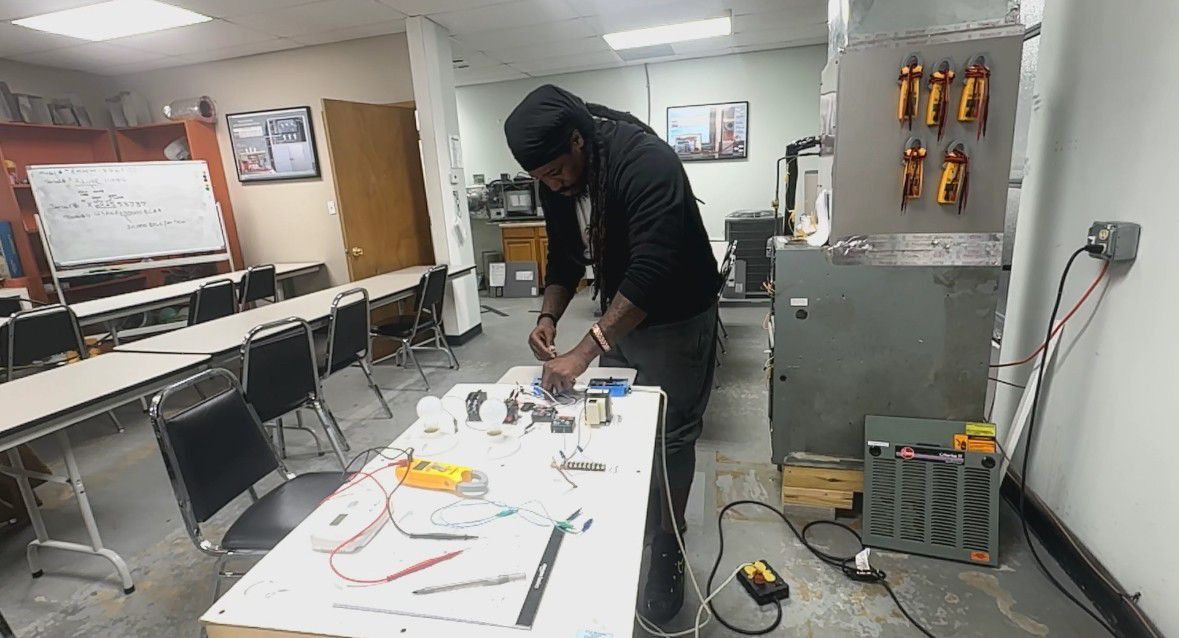CHARLOTTE, N.C. — The Department of Homeland Security is warning the public to be vigilant of cyberattacks from Russia, and a cyber expert explains how businesses and individuals can protect themselves.
According to the Cybersecurity and Infrastructure Security Agency nearly half of American adults have had their personal information exposed by cyber criminals
CISA reports 1 in 3 homes have computers that were infected with malicious software
They also report 600,000 accounts are hacked every single day
In the 1980s, Michael Goode served in the U.S. Air Force, specializing in cybersecurity.
“What we did was go in and set up all the secure communications for all branches of the service,” Goode said. “And not just the Air Force, but the Army, Navy and also the Marine Corps.”
He joined the Air Force because he wanted to help others. When he retired, Goode went on to work in private cybersecurity. He eventually started his own company, called Goode Cyber Security.
“That is why people join the service,” Goode said. “It is to protect the freedoms of the people back home. Cyber warfare is the new landscape of warfare.”“That is why people join the service,” Goode said. “It is to protect the freedoms of the people back home. Cyber warfare is the new landscape of warfare.”
He says attacks on a business, or even individuals, can disrupt our society. He used the example of how the Colonial Pipeline was hacked in Texas.
“Not only did it affect Charlotte, but it was all the way to the Southeast and the Southwest,” Goode said. “So that is an example of taking down infrastructure.”
Here are his tips on staying secure:
Hover over emails or any links to ensure the sender or website is legitimate. If it says something in the link or email that doesn’t match up, then it’s likely a scam.
He also says to make sure your passwords are at least 11 characters and aren’t obvious words.
“If your password is eight characters, it could take just three to five minutes to hack,” Goode said.
Next, he warns about leaving passwords on sticky notes because anyone walking by could access that information.
He said phone security is also important. He recommends using a passcode to lock your phone, instead of facial recognition.
“Somebody could literally take a picture of you and then put that by your phone and it will unlock,” Goode said.
Bottom line, he says with basic cybersecurity precautions, most people can prevent cyberattacks.
“Be diligent and make sure that the website you are going to or the email you are responding to is the correct email and is the correct website,” Goode said.
Goode has several more tips on his blog.










